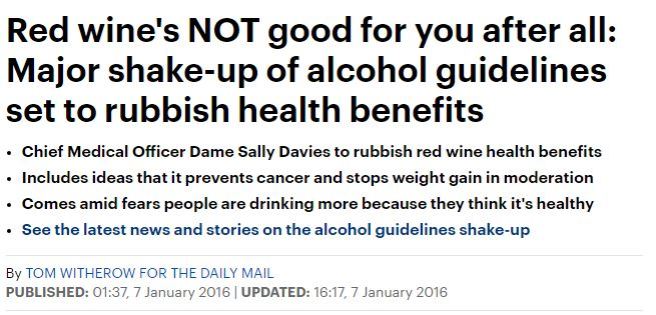Following the successful Alcohol CPD courses held in 2014-2017; we are delighted to announce the line-up for our 2018 course, featuring some exciting new inputs!
This year’s course will feature inputs from Prof. Anna Gilmore and colleagues from the University of Bath, Dr Carol Emslie from Glasgow Caledonian University, Dr James Nicholls from Alcohol Research UK, and Professor Karine Gallopel-Morvan from the EHESP School of Public Health, France. We also welcome the return of highly-rated inputs from leading experts such as Katherine Brown from the Institute of Alcohol Studies and Colin Shevills of Balance North East.
What previous participants said:
 “Great range of content and world-class speakers. Organisers did an amazing job including looking after us all while we were here. The mix of lectures / Q & As / panel discussions was great. Really worth taking time away from work/home to attend this.”
“Great range of content and world-class speakers. Organisers did an amazing job including looking after us all while we were here. The mix of lectures / Q & As / panel discussions was great. Really worth taking time away from work/home to attend this.”
 “Extremely informative course and relevant to current alcohol policy challenges. Good venue, convenient location and lovely setting. Module well organised and brilliant range of speakers.”
“Extremely informative course and relevant to current alcohol policy challenges. Good venue, convenient location and lovely setting. Module well organised and brilliant range of speakers.”
 “Thank you very much. It was a great privilege to listen and attend this course. Lectures and lecturers were outstanding.”
“Thank you very much. It was a great privilege to listen and attend this course. Lectures and lecturers were outstanding.”
 “Very informative useful training, well worth my time and travel.”
“Very informative useful training, well worth my time and travel.”
 “Wonderful networking opportunity.”
“Wonderful networking opportunity.”
 “Thank you for such a brilliant training event – the content was spot on, all the presentations and sessions were really, really good and I came away feeling that I had learned masses: a rich diet of fact and opinion. I can honestly say that I have rarely – if ever – enjoyed such an event quite as much as this one.”
“Thank you for such a brilliant training event – the content was spot on, all the presentations and sessions were really, really good and I came away feeling that I had learned masses: a rich diet of fact and opinion. I can honestly say that I have rarely – if ever – enjoyed such an event quite as much as this one.”








 2016 new alcohol guidelines. In this blog post she discusses what happened as a result of the publication of the new guidelines and how the media portray the facts in their own way.
2016 new alcohol guidelines. In this blog post she discusses what happened as a result of the publication of the new guidelines and how the media portray the facts in their own way.

